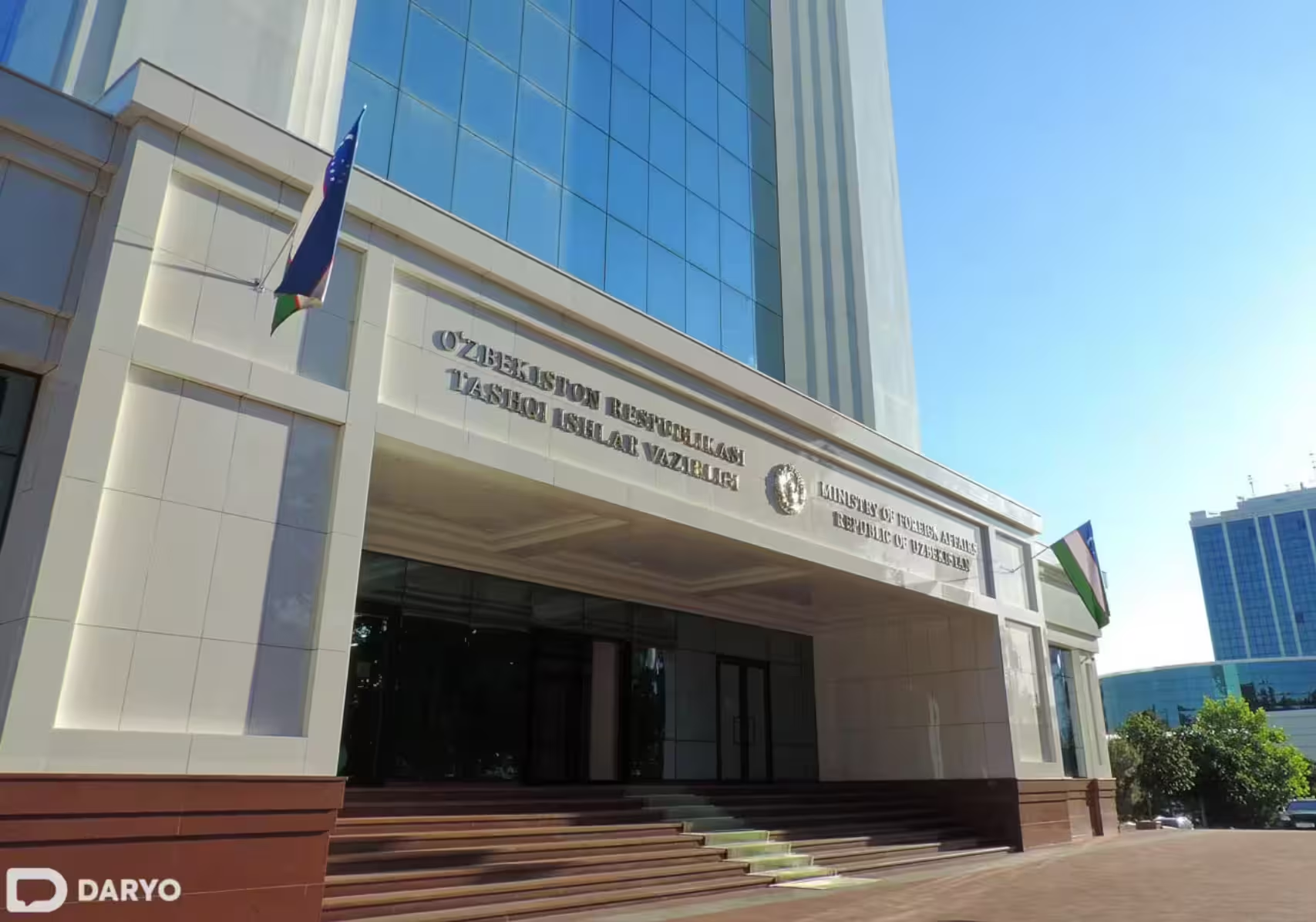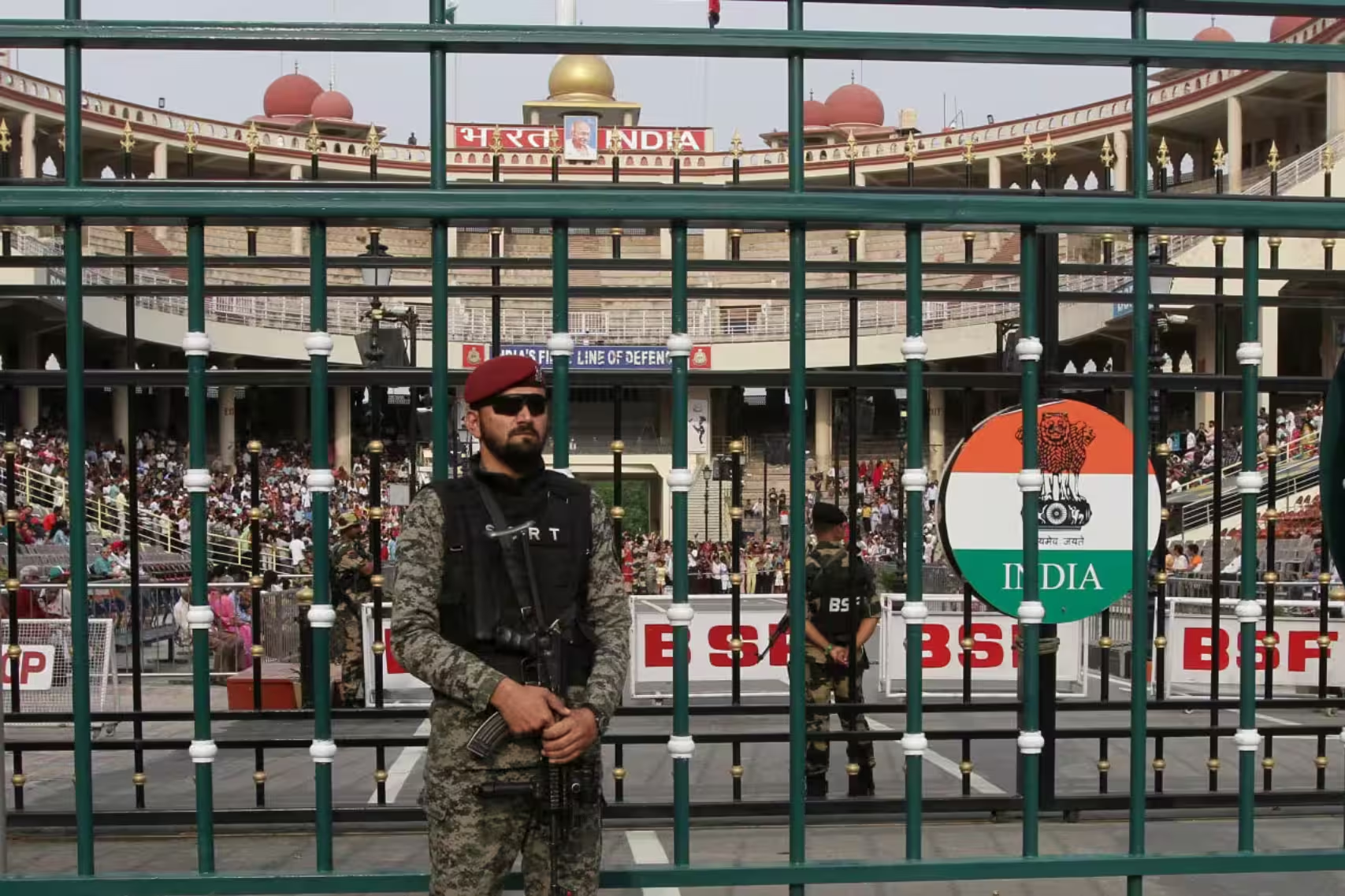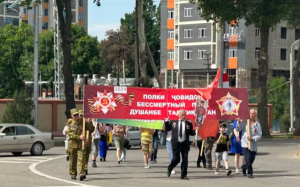Uzbekistan’s Ministry of Foreign Affairs has voiced concern over the escalating military confrontation between India and Pakistan, urging both nuclear-armed nations to de-escalate tensions and return to dialogue.

In an official statement, the Foreign Ministry said:
“The Uzbek side is watching with concern the development of the escalating situation between India and Pakistan. We call on both sides to exercise restraint, act in the interests of peace and stability, and prioritize diplomatic dialogue to prevent further deterioration of the situation.”
Uzbekistan also expressed its readiness to support international or regional efforts aimed at peacefully resolving the crisis.
Air Strikes Escalate Tensions
Tensions flared on the night of May 7 when India launched “Operation Sindoor,” targeting alleged terrorist infrastructure in Pakistan, including areas in Pakistan-administered Kashmir.
Indian authorities claimed the air strikes were limited to terrorist targets. However, Pakistan rejected these claims, stating the strikes hit civilian areas. Islamabad retaliated with counterstrikes, further raising alarm in the region.

Global Reactions Call for Restraint
The international community has reacted swiftly, urging calm and restraint from both sides.
China, a regional power and close partner to both countries, expressed regret over India’s military actions and voiced concern about the situation’s rapid escalation. China calls on India and Pakistan to prioritize peace and stability, maintain calm and exercise restraint.
U.S. President Donald Trump described the situation as “a shame” and added, “I hope it ends very quickly.” He suggested that based on recent tensions, the escalation was expected.
U.S. Secretary of State Marco Rubio echoed Trump’s sentiments: “I hope that this conflict will end soon and that the leadership of the two countries will continue to engage in dialogue to resolve the issue peacefully.”
UN Secretary-General António Guterres also voiced alarm, calling for “maximum military restraint.” “The world cannot afford a military conflict between India and Pakistan,” his statement read.
Japan’s Chief Cabinet Secretary Yoshimasa Hayashi condemned the April 22 terrorist attack in Kashmir and urged both countries to avoid retaliation and resolve the conflict through dialogue.
The United Arab Emirates, through Deputy Foreign Minister Sheikh Abdullah bin Zayed Al Nahyan, stressed that diplomacy and dialogue remain “effective tools” for peace and called on both sides to avoid further escalation.
President Sadyr Japarov of Kyrgyzstan expressed deep concern, highlighting the risk the conflict poses to regional stability.
“We call on the parties to exercise restraint as much as possible, prevent further escalation of the conflict, and return to negotiations,” he said.
The Kyrgyz Ministry of Foreign Affairs has issued a travel advisory, urging citizens to avoid travel to India and Pakistan until the situation stabilizes. Kyrgyz nationals already in the region are advised to follow local safety instructions closely.
As the situation unfolds, Islamabad International Airport has been temporarily closed, according to the Pakistan Civil Aviation Authority. Flight operations will resume once the situation allows.




